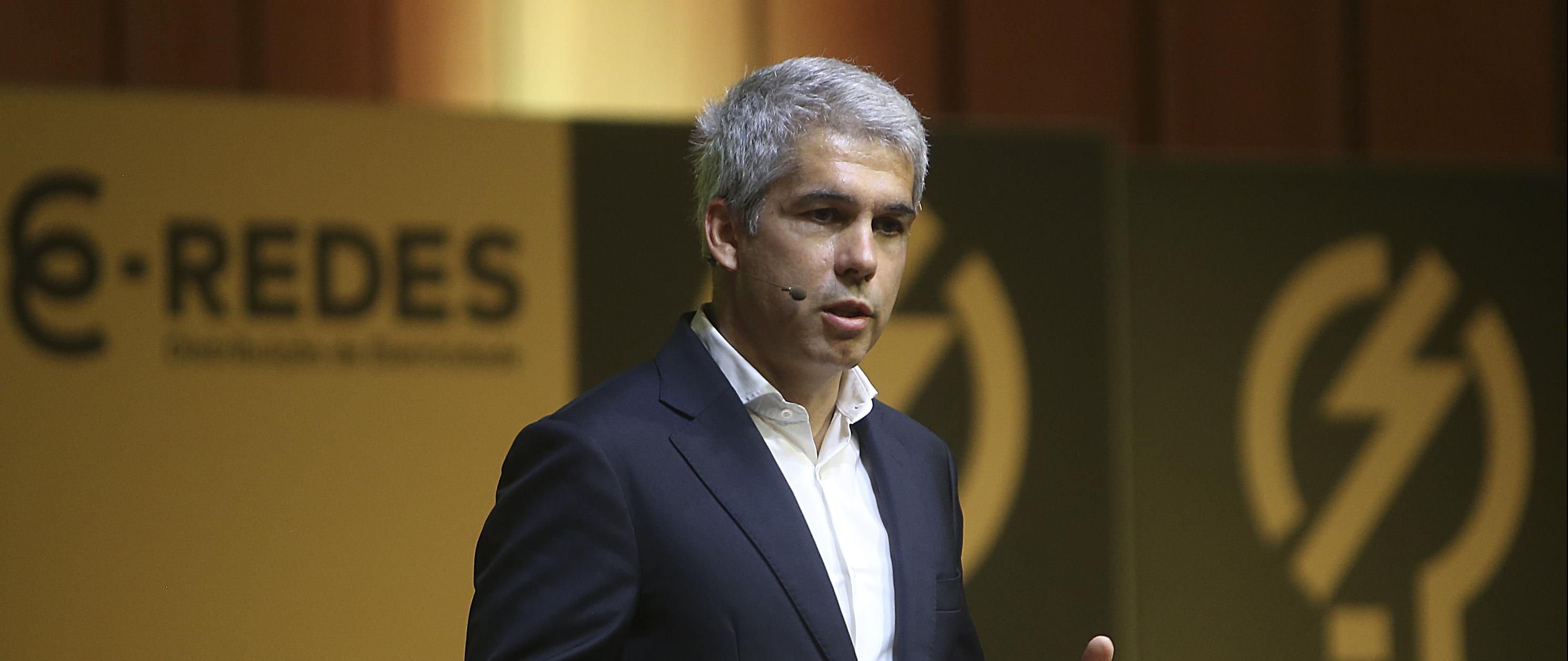The event brought together experts and key entities such as ERSE, REN, APREN and AICEP, who shared their perspectives on the future of distribution networks in Portugal. The conference was also attended by Mark Nigge-Uriche, from Alliander, who shared the situation in the Netherlands, and by Savannah Altvater and Zsuzsa Cseko, who presented the main conclusions of Euroeletric's latest study, Grids for Speed.
The conference, “Energy Transition Challenges for the Distribution Grid”, focused on the need to prepare and adapt grids in advance to decarbonize electricity supply, effectively integrate renewable and distributed energies and respond to the growing complexity of the energy system, ensuring that they are facilitators of the energy transition.
The conference covered topics such as:
- The energy transition, based on the replacement of fossil fuels with renewable sources, greater efficiency and the increasing electrification of consumption, requires robust and modernized electricity grids;
- A significant increase in investment in distribution grids will be necessary to ensure their ability to meet the challenges of the energy transition;
- Electricity grids must be prepared for an increasingly electrified reality with increasingly distributed resources;
- The modernization of electricity grids is essential to decarbonize consumption, effectively integrate renewable and distributed energies and respond to the growing complexity of the energy system.
In his closing speech, José Ferrari Careto, Executive Chairman of the Board of Directors of E-REDES, pointed out that around 40% of European grids, including the national grid, are over 40 years old. It is estimated that an increase of between 50% and 70% in the rate of investment in distribution networks from 2020 to 2030 is needed to achieve the decarbonization targets set.
Remove Margins
Remove Bottom margin of the component

